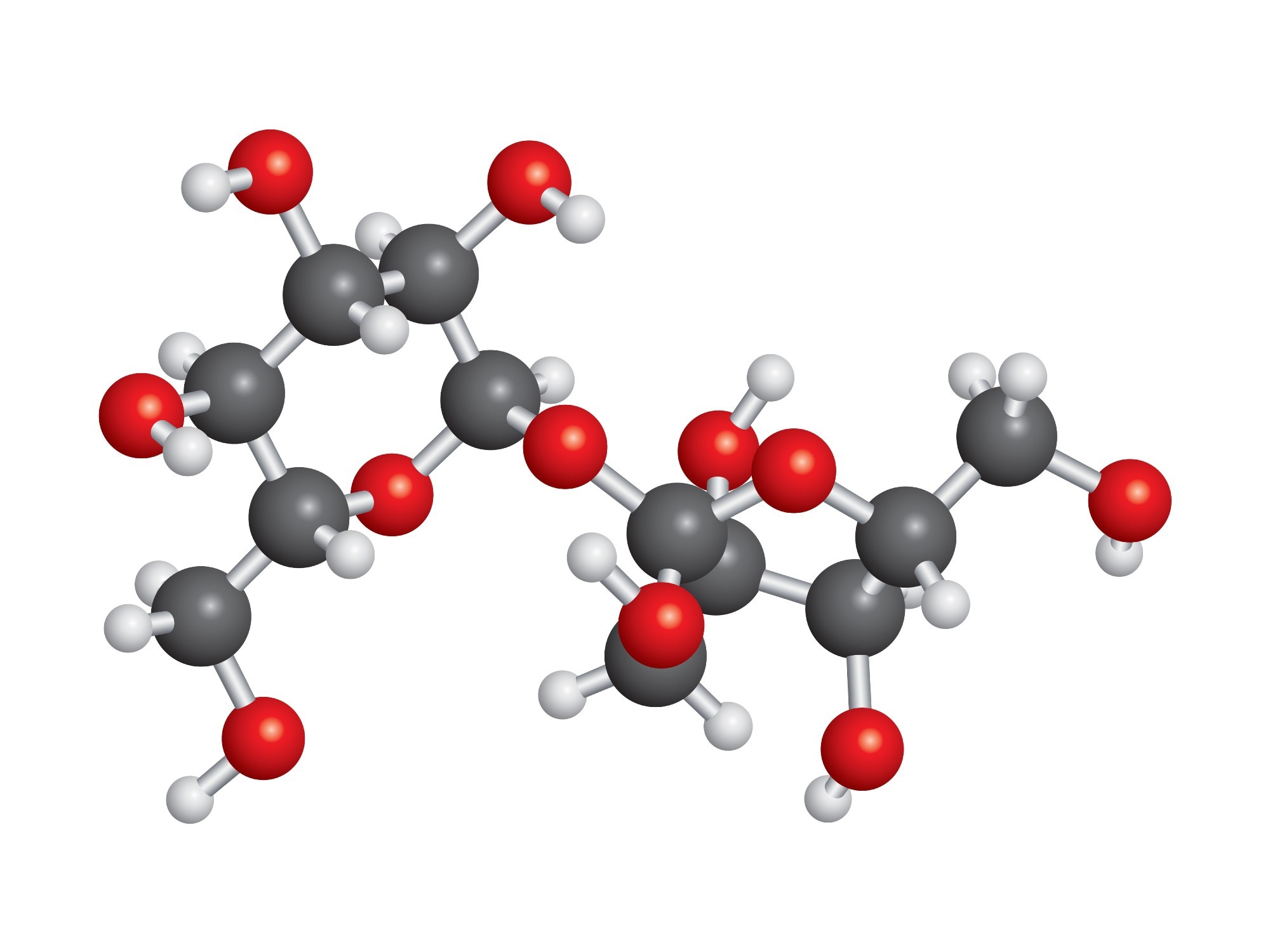Sustainable Polymers: Eco-Friendly Solutions for the Future
Sustainable Polymers: Eco-Friendly Solutions for the Future
Blog Article
Discovering the Varied Applications and Benefits of Polymers in Different Industries
Polymers, with their varied variety of buildings and capabilities, have actually ended up being important in various sectors, each enjoying one-of-a-kind benefits from their application. From enhancing security and performance in the vehicle industry to changing medical devices in the healthcare market, polymers play a pivotal duty.
Automotive Industry Applications
Polymers play a crucial role in improving the efficiency and durability of different elements within the auto industry. One noticeable usage of polymers in the automotive industry is in the production of lightweight elements.

Healthcare Market Advantages
In different health care applications, the benefits of making use of polymers are extensively identified for their varied variety of valuable residential or commercial properties. Polymers play a critical duty in the medical care sector as a result of their versatility, biocompatibility, and cost-effectiveness. One of the main advantages of polymers in healthcare is their ability to be tailored to specific requirements, such as flexibility, longevity, and biodegradability, making them ideal for a variety of medical applications.
Polymer-based products are thoroughly utilized in clinical tools, such as catheters, implants, prosthetics, and medication shipment systems, due to their biocompatibility and ability to mimic all-natural tissues. These materials can reduce the threat of sensitive reactions or rejections, boosting individual safety and security and results. Additionally, polymers are light-weight, making them ideal for wearable medical devices and ensuring patient convenience.
Moreover, polymers enable the advancement of innovative therapy techniques, such as hydrogels for tissue design and nanocomposites for targeted medication delivery. Their simplicity of handling and sanitation makes them crucial for preserving high criteria of hygiene in health care setups. In general, the varied advantages of polymers add significantly to improvements in clinical innovation and person care.
Ecological Benefits of Polymers

Moreover, polymers can add to power savings because of their light-weight nature. In markets such as transport, lightweight polymer materials can aid minimize gas intake and greenhouse gas discharges. In addition, polymers can enable the advancement of energy-efficient products such as insulation materials that enhance power preservation in structures.
In addition, polymers play an important function in minimizing water air pollution. For example, the use of polymer-based purification systems can effectively remove pollutants and impurities from wastewater, guarding water sources and ecosystems. On the whole, the ecological benefits of polymers make them important assets in advertising sustainability and eco-friendly methods across various sectors.
Polymers in Electronic Devices and Modern Technology
Considering the increasing demand for innovative and sustainable services in contemporary markets, the integration of advanced polymer technologies in the realm of electronic devices and technology has actually become a pivotal technique for driving performance and performance. Polymers have actually reinvented the electronics sector by allowing the manufacturing of lighter, much more flexible, and long lasting digital devices. From smartphones to medical tools, polymers play a critical function in boosting product layout and performance.
One substantial benefit discover this info here of polymers in electronic find out this here devices is their protecting homes, which assist safeguard delicate digital elements from ecological aspects and electric interference. In addition, polymers are vital in the growth of versatile display screens, wearable technology, and printed electronics, supplying endless possibilities for developing smart and interconnected gadgets.
Moreover, using polymers in electronic packaging has actually led to developments in miniaturization and thermal monitoring, boosting the overall performance and reliability of electronic systems. As innovation remains to advance, the flexibility and versatility of polymers will undoubtedly drive further innovation in the electronics market, shaping the future of innovation.
Function of Polymers in Building And Construction and Framework
The assimilation of innovative polymer products in building and construction and framework tasks has actually changed the means frameworks are created and constructed in modern-day times. Polymers supply countless benefits in the building and construction sector as a result of their versatility, resilience, and cost-effectiveness. One crucial duty of polymers in building and construction is their usage in layers and sealers, giving protection against ecological variables such as dampness, UV radiation, and rust. Furthermore, polymers are made use of in the production of lightweight and high-strength composite materials, boosting the architectural integrity of buildings while reducing total weight.
Moreover, polymers play a critical function in sustainable building and construction methods by allowing the advancement of energy-efficient structures. Insulating products made from polymers help manage interior temperature levels, reducing the requirement for heating and cooling systems and ultimately decreasing power consumption. In addition, using polymer-based composites in framework projects such as bridges and roadways boosts their durability and decreases upkeep costs. On the whole, the incorporation of polymers in construction and framework showcases their substantial influence on contemporary design techniques.
Verdict
In final thought, polymers play an essential duty in numerous markets such as automotive, medical care, environmental, electronic devices, and building. From enhancing gas effectiveness in lorries to boosting clinical tools, polymers use various advantages.
Report this page